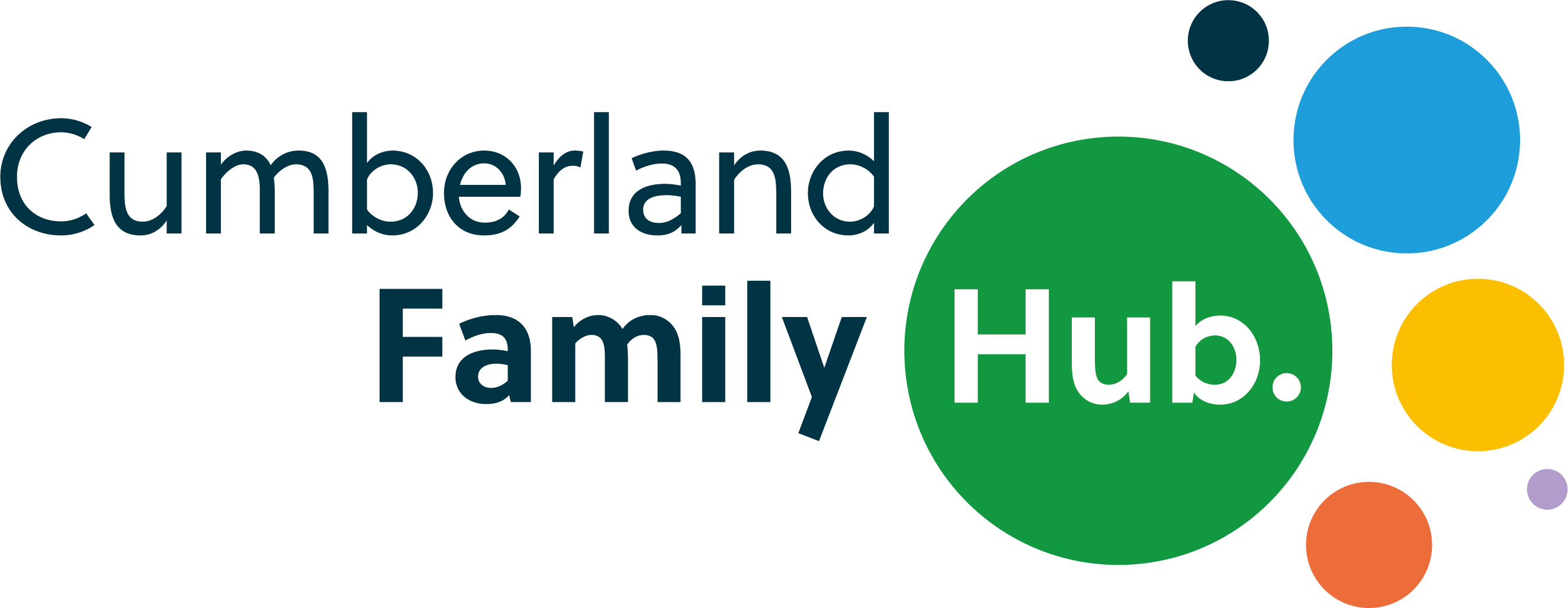Periods
What are periods?
Each period is the lining of the womb shedding when there is no fertilised egg. It’s blood. Bacteria like blood. Too much of the wrong bacteria can lead to unpleasant odours and an imbalance of the delicate ecosystem that is the vagina. It is important to promote hygiene and cleanliness with your child. By paying a bit of attention to their body they can learn about their menstrual cycle. Whilst there are certain ‘norms’ to their cycle is theirs; it may not be the same as yours, their friends or other members of the family. Periods may be messy but it's kind to remind your young person that this does not mean they are dirty!
What your young person needs to know about periods
- In the first few years after starting their periods, they may bleed a lot and often, a lot not very often, a little and often, a little and not very often or any combination of these. That’s just their hormones finding their own natural adult balance.
- Their vagina is a self-cleaning ecosystem. It’s very clever in that your body retains the right pH level inside to keep it clean and healthy. They do not need to wash inside their vagina. This upsets the ecosystem and can lead to bacterial or yeast infections. The same goes for ‘feminine’ washes and deodorants. These mess up your ecosystem as your body doesn’t recognise them. This confuses it and can lead to further infections.
- Their vulva, however, is not self-cleaning. You will need to keep on top of washing here. Again you don’t need special products promising to ‘leave you feeling fresh’. Plain old water will do to wash the blood from this area. Highly perfumed shower gels and soaps can be irritating to this delicate area too. If they shower or bathe every day, remind them to spare a moment to wash their vulva well, and yes, the hairy bits too. If they don’t shower or bathe every day, make sure they wash this area every day during their period.
- If they ‘leak’ on their period, encourage a change of underwear as soon as possible. If this happens often, it might be worth them carrying spare of pants with extra tampons/ pads. To get blood out of clothes, run them under cold water first before putting them in the wash.
- What products do they need? The best approach is to choose what makes them most comfortable. Most product types are fairly inexpensive if you avoid the big-name brands but do the same job. The little drops on the packets indicate their flow suitability. The more drops, the heavier the flow. Pads stick to their pants and collect the blood when it comes out of their vagina. Tampons are inserted into the vagina to soak up the blood inside the vagina. These come with or without an applicator. When your young person uses these for the first time, it is best to think about doing it in an evening or a weekend. They probably won’t want to be uncomfortable whilst they're at school.
- Sanitary products need to be changed every few hours. They should be disposed of responsibly and never flushed down the toilet. Most public spaces provide a sanitary disposal bin and ladies' toilets however if this is not provided simply wrap it in a small amount of toilet roll and dispose of it in a normal bin.
Councils and education providers are legally required to make tampons and menstrual pads available to anyone who needs them. Sexual health clinics and community contraceptive clinics will also often provide free period products or information about where to find them in your local area.
Useful websites
Health for Teens website has the plain facts on periods.
The NHS website lists the frequently asked questions about girls starting their periods.
Period Poverty Scheme provides free period products to girls and women in their place of study.
Reading Recommendations
"Susan's Growing Up" is a picture book about periods that has been specially developed for people with learning disabilities. It's from the Books Beyond Words series from the Royal College of Psychiatrists.
"The Period Book: Everything You Don't Want to Ask (But Need to Know)" by Karen Gravelle, and published by Piatkus, is a well-known book for any girl approaching puberty. It explains what to expect and how to cope with periods.
